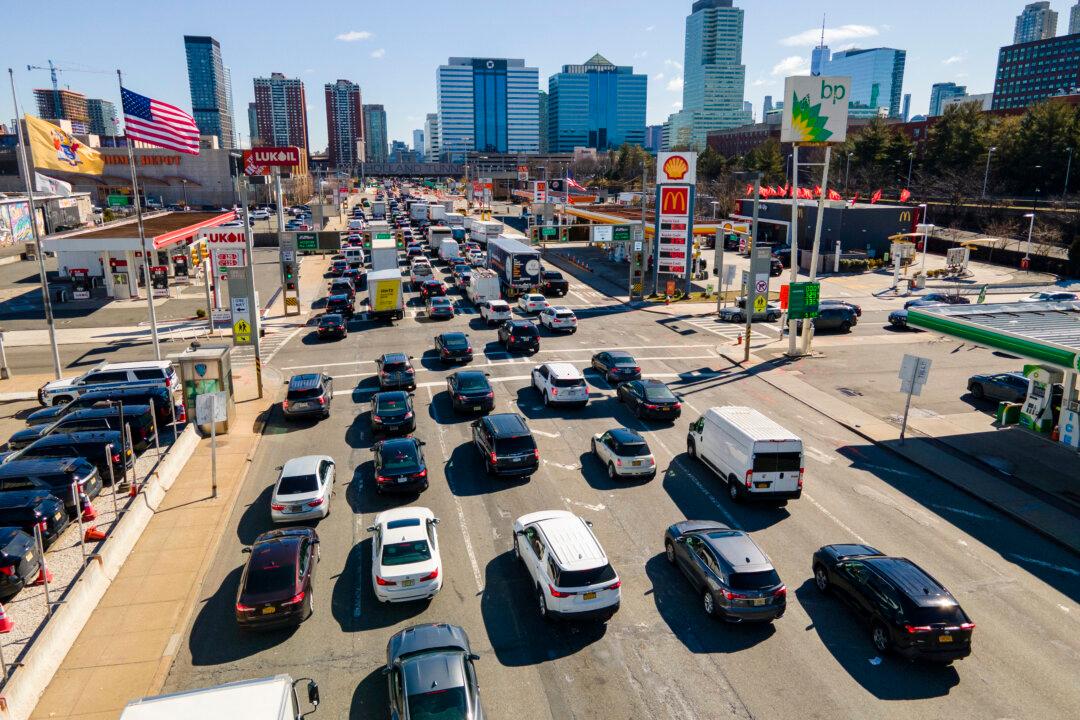NEW YORK CITY–Congestion pricing took another step toward becoming a daily reality for New York City on Nov. 22, as the Federal Highway Administration (FHWA) signaled its approval of the plan to charge a base toll of $9 for entering Manhattan below 60th Street.
After many months of wrangling, including lawsuits from proponents of the policy seeking to reverse a pause placed on it and vigorous opposition from lawmakers whose constituents commute to work in the city, the congestion pricing scheme made several advances in just a few days.





